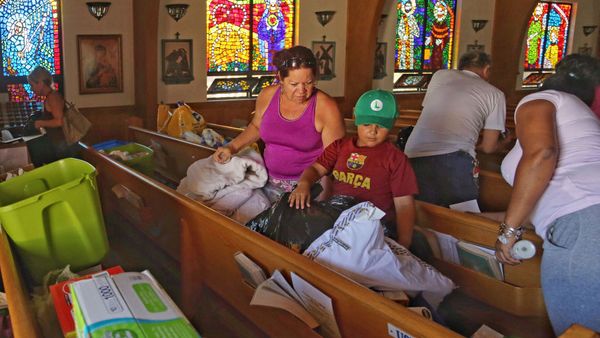As satisfying as it feels to donate money, the whole point of charitable giving is to contribute to organizations that are making real positive change, whether it's finding innovative new cures for cancer or protecting the rainforests. But judging a charity's true impact, especially when the charity is combating a deeply entrenched problem like poverty or homelessness, isn't always easy to do.
"Effectiveness is really tough to get at," says Daniel Borochoff, president and founder of Charity Watch, an independent organization dedicated to investigating, analyzing and rating U.S. charities. (Note: We spoke with Borochoff in 2018. He retired as CharityWatch president in 2020, though is still on their board of directors.) "What I encourage people to do is look for specific accomplishments in relation to spending. For example, 'We're spending this much money and we're able to feed this many people.'"
You should be able to easily find that type of information on a charity's website or in the "outcomes" section of its annual report. If an organization doesn't publish an annual report or can't back up its claims of making a difference with actual statistics, that's not a good sign.
If efficacy is your top priority, consider giving to one of the Top Charities chosen by the research team at GiveWell, a nonprofit organization that handpicks a small group of fully vetted international charities. Only nine charities currently make the cut, and each of them was selected based on four criteria: they must be evidence-based, cost-effective, transparent and underfunded.
All of GiveWell's top charities focus on global health and global poverty alleviation, because that's where inexpensive, targeted interventions can make the biggest difference, says Isabel Arjmand, internal communications officer at GiveWell. For example, it doesn't cost much to make and distribute insecticide-treated nets, but they've proven to be highly effective for stopping the deadly spread of malaria. Same with inexpensive vitamin A drops that can effectively prevent blindness and malnutrition in children.
Arjmand says that the GiveWell team, composed of Ph.Ds in economics and public policy, builds complex cost models that take into account dozens of different inputs. They put in thousands of hours investigating each charity and even make site visits to see the work in action. Last year, Arjmand and some GiveWell colleagues spent two weeks in Guinea in East Africa meeting with a team from Helen Keller International, which distributes vitamin A drops. It's that level of research that makes GiveWell a smart destination for maximizing the impact of your donation.



